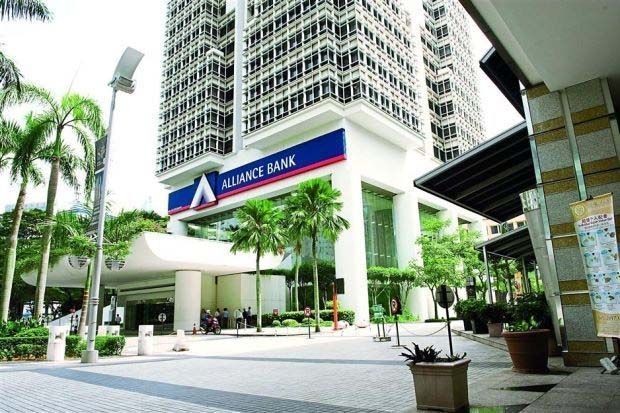
PETALING JAYA: Alliance Bank Malaysia Bhd will likely experience decent enhancement to its Common Equity Tier-1 (CET1) capital ratio from the implementation of Basel III rules.
The Basel rules are a framework that sets international standards and minimums for bank capital requirements, stress tests, liquidity regulations, and leverage, with the goal of mitigating the risk of bank runs and bank failures
The bank will also continue to see robust momentum from new small and medium enterprise (SME) and individual customers.
These are some of the key takeaways of recent meeting the bank had with CIMB Research.
According to the research house, the estimated net impact to Alliance Bank from Basel III changes will likely be an increase of 20 to 30 basis points (bps) to its CET1 ratio, arising from changes to operational risk-weighted assets (RWA) and credit risk-weighted assets.
The bank’s current group CET1 ratio of 12.4% as of end-December 2024 is based on group CET 1 level of RM6.6bil and total RWA of RM53bil.
The research house said the bulk of the RWA is made up of credit RWA of RM48bil, or 91% of the total RWA of RM53bil.
The next-largest component was operational RWA at 7.6% of total RWA, while market RWA made up the smallest portion or 1.4% of total RWA.
The change to the operational risk-weight portion of RWA came into effect from this Jan 1, and would be reflected in the financial results of the first quarter of this year, said CIMB Research.
In terms of Alliance Bank’s operational RWA, the bank indicated the change from Basel III would be likely to contribute about one-third of the overall improvement of 20 to 30 bps to group CET1 ratio.
This was because Alliance Bank is assessed based on its scale, size, operations and the fact that the bank did not incur any operational penalties in the past. “The positive enhancement to Alliance Banks CET1 ratio stands in contrast with the decline in its peers’ CET1 ratios, for the operational risk-weight portion,” the research house said.
Coming to the credit risk-weighted portions, CIMB Research said the changes were split into the SME/business loans portfolio, individual (household) portfolio and corporate-loans portfolio.
“For Alliance Bank’s business loan-portfolio, changes from Basel III are likely to be positive as the company would be allowed to use commercial real estate as collateral for SME loans. As for the individual (household) segment, Basel III introduces more refined buckets, essentially splitting the segment into five more granular classifications, compared with three in the past.”
Touching on deposit growth, the research house said the bank intends to continue to target current account and savings account deposits from the business segment, rather than the individual segment.
According to the research house, Alliance Bank “views individual payroll deposits as less sticky, tending to be more flighty and temporary with balances running down as these are utilised by the end of the month”.
Alliance Bank’s net interest margin (NIM) for next year is likely to be stable, similar to this year’s targeted 2.4% to 2.45%.
“Alliance Bank is confident it will be able to defend its NIM, in particular for its mortgage segment, as it continues to rely on personalised services and ancillary banking services, in addition to its faster approval process, to secure loans.
“In terms of non-interest income, the bank hinted it should be able to sustain the growth of its third-party foreign exchange and trade fees, as well as wealth-management services,” the research house said.
Source: https://www.thestar.com.my/business/business-news/2025/03/24/alliance-bank-to-prosper-from-sme-customers

